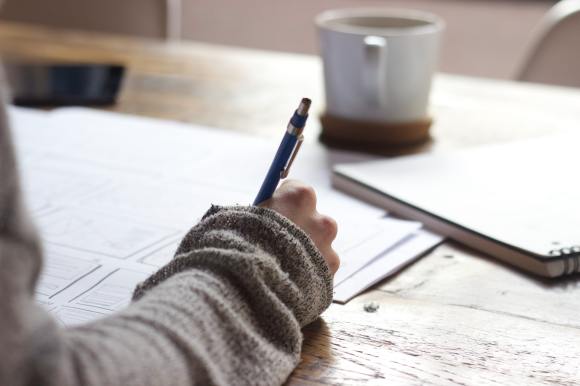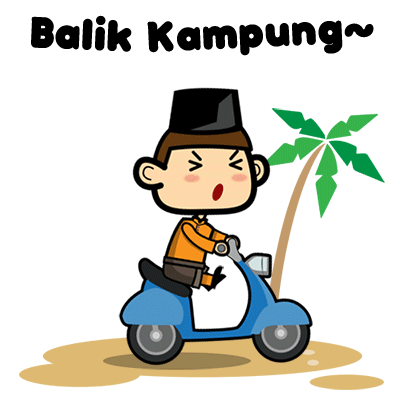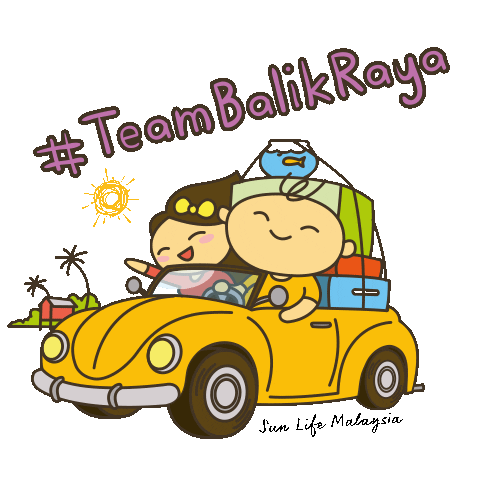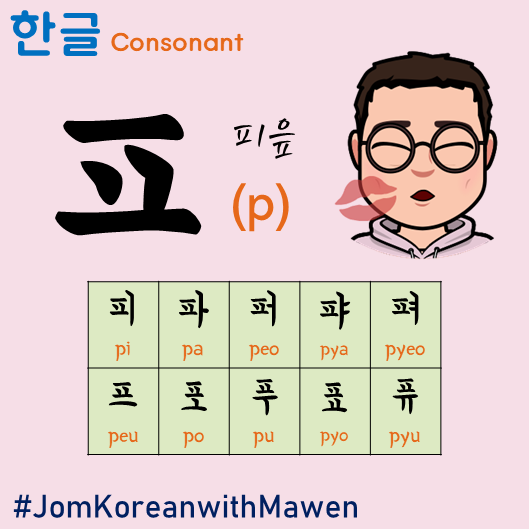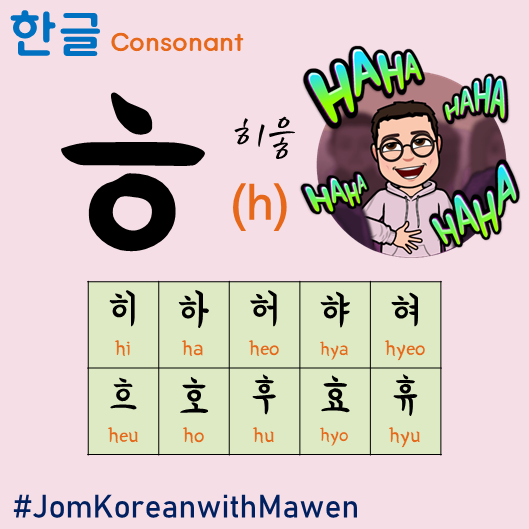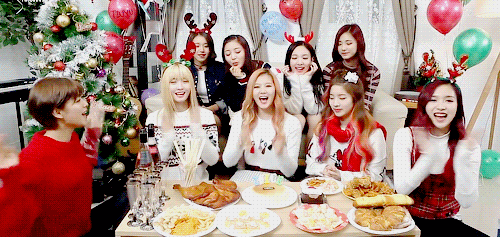Our all time favorite female K-singer, TAEYEON from SNSD is coming back this summer with her upbeat disco single “Weekend”!
I believe the best days of the week are the weekdays! Weekdays in summer means you can get out from the office and enjoy the sunshine of the season. Personally, I really like TAEYEON concept in this music video, reminding me again the season of happiness is finally here!
TAEYEON’s ‘Weekend’ is a disco-pop track where the idol “raps and sings about hope to break away from everyday boredom and enjoy freedom during the weekend”.
SM Entertainment (Source: Yonhap News)
In this post, we are going to learn some basic Korean words from the lyrics of TAEYEON’s “Weekend”!
Disclaimer: this post is created by Korean learners who want to share and practice Korean together. If there is any mistakes in the post, please feel free to contact us for editing at mydaehan2020@gmail.com . Your help will be much appreciated!
바다 (ba-da) – sea

가장 가까운 바다 The sea which is closest to me
혼자만의 영화관 The cinema that has only me
Weekend (TAEYEON)
바다 (ba-da), the sea is the best place to get full sunshine during the summer. With your bikinis on, go to your closest beach to see the best view of limitless sea and receive the radiating positivity from the sun!
Eg. 우리 바다에 같이 가자!
woo-ri ba-da-e kat-chi ka-ja!
Let us go to the sea together! (informal)
여유롭다 (yeo-yu-rob-da) – to be relaxed
유리컵 한가득 A full glass of
내린 커피 한 잔 Brewed coffee
아이스로 할래 아주 여유롭게 Make it cold, so relaxing
Can we agree that iced coffee is always the best medicine to chill you down? You can imagine that glass full of ice, with freshly brewed Americano slowly dripping down the ice blocks. Even seeing it is already
여유롭게 (adj.) comes from the stem word 여유롭다, meaning relaxing without stress.
Eg. 주말에 집에서 여유롭게 보낼 거예요.
ju-mal-e jib-e-seo yeo-yu-rob-ge bo-nael geo-ye-yo.
I am going to spend my weekend relaxingly at home.
햇살 (haet-sal) – sunlight
쏟아지는 햇살 내 맘을 두드려 The pouring sunlight that knocks my heart
내게 손짓하는 싱그러운 바람 타고서 Riding with the fresh breeze waving at me
Sunlight brings in energy and positivity to us when we are feeling down and gloomy! That’s also why some people really love summer as finally the cold and gloomy sky are back with full of brightness from the sunlight! Some sun bathing will do us a great favor to be cheered up.
Eg. 방이 햇살로 가득 차서 기분이 너무 좋아요.
bang-i haet-sal-lo ka-deuk cha-seo gi-bun-i neo-mu cho-a-yo
I feel so good as the room was flooded with sunlight.
달빛 (dal-bit) – moonlight
![Taeyeon - Weekend [Teaser]: taengoo](https://preview.redd.it/yggol3fc18871.jpg?width=1334&format=pjpg&auto=webp&s=5492a2898294aaab4e0d7650a3286e8dcbe9db70)
함께 걷는 태양과 발을 맞추고 Together with me walking along the pace of the sun
뒤이을 달빛을 따라 돌아오고 싶은 걸 Wanting to return again by following the next moonlight
Moonlight in the summer tends to be brighter because of the great weather in the season. Especially by looking at the full moon of the month, a quiet night with bright moonlight is the best atmosphere to relax ourselves in the weekend!
Eg. 호수는 반사된 달빛으로 밝게 빛나요
ho-su-neun ban-sa-dwuin dal-bit-cheu-ro bal-ge bit-na-yo
The lake shines brightly with the reflecting moonlight.
오늘 뭐 할까 (o-neul-bwo-hal-gga) – what to do today?
I believe most of us will ask yourself this question every weekend, ‘what am I going to do today?’. Weekends are the days we can plan out activities that we like to do without going to the office!
The phrase ” 오늘 뭐 할까? ” means what (am I/are you) going to do today in an informal way. Depends on the context, if you are talking to yourself and express this phrase to yourself, it means “What am I going to do today?”. You can use this phrase to ask someone which will means “What are you going to do today”, or in full “너 오늘 뭐 할까?”
Eg. (informal situation)
아리: 형, 오늘 뭐할까? 같이 맞집 갈까 ?
hyung, o-neul bwo-hal-gga? woo-ri kat-chi mat-jib kal-kka?
Ali: Hyung (a friend who is senior than you), what are going to do today? Let’s go to a nice restaurant together, shall we?
아부: 별일 없어. 맞집 콜!
byeol-il oebso. mat-jib kol!
Abu: Nothing much today. Nice restaurant kol (meaning let’s do it)!


![Girls' Generation on Twitter: "TAEYEON 태연 Single [Weekend] 🎧 2021.07.06. 6PM KST #태연 #TAEYEON #Weekend #소녀시대 #GirlsGeneration… "](https://pbs.twimg.com/media/E5IZ23NVEAASJ6Q.jpg)


